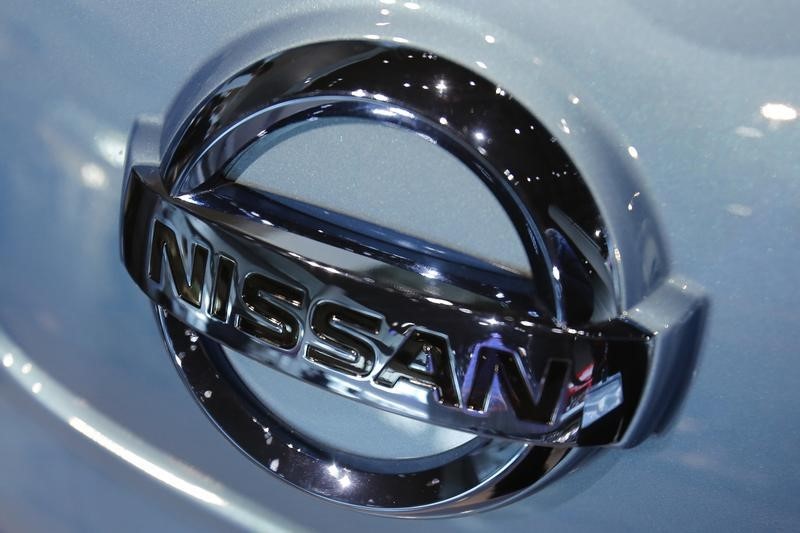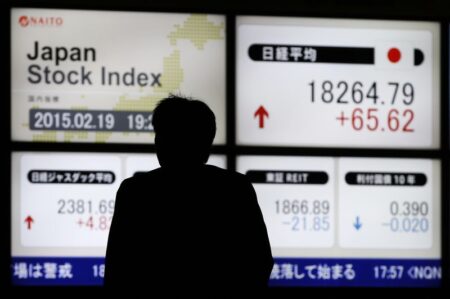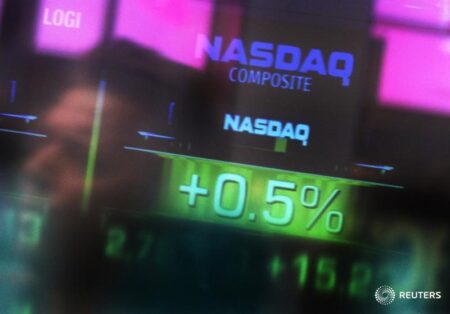(Reuters) – Honda (NYSE:) and Nissan (OTC:) are in talks to deepen ties, two people said on Wednesday, including a possible merger, the clearest sign yet of how Japan’s once seemingly unbeatable auto industry is being reshaped by challenges from Tesla (NASDAQ:) and Chinese rivals.
Here are comments from experts:
SANSHIRO FUKAO, EXECUTIVE FELLOW, ITOCHU RESEARCH INSTITUTE, TOKYO:
“This deal appears to be more about bailing out Nissan, but Honda itself is not resting on its laurels. Honda’s cash flow is set to deteriorate next year and its EVs haven’t been going so well. Honda itself needs to change drastically. It may need to spin off its motorcycle business and it should establish a solid financial base from engine cars. If these are made easier by a setting up a holding company (with Nissan), then that would be a positive thing for Honda.
“If their thinking is no more than ‘we can manage this by getting together,’ I don’t think they can survive any longer. The speed of Chinese automakers is totally different. We’re no longer in the age where carmakers would join together, churn out profits through economies of scale and then reinvest them in a five-year restructuring plan. They have no time for that.”
TANG JIN, SENIOR PRINCIPAL RESEARCHER, MIZUHO BANK, TOKYO:
“Honda has a unique, technology-centric culture with strengths in powertrains, so there should be some internal resistance to the merger with Nissan, a competitor with a different culture that is now faltering.
“Honda itself doesn’t have such abundant management resources. It faces a major challenge of how it can accelerate its shift to electrification by making money from hybrids and motorcycles. Nissan, on the other hand, has no choice.
“The car industry is currently undergoing rapid changes … so if the two companies cannot make decisions and execute them in unison and at speed, they may not be able to keep up with the changes.”
SEIJI SUGIURA, SENIOR ANALYST, TOKAI TOKYO INTELLIGENCE LABORATORY, TOKYO:
“Honda’s internal opinion is probably split and not monolithically supportive of the merger. Because their motorcycle business is doing well. For the four-wheelers, they certainly have problems, but they weren’t in dire straits either.
“In the mid- to long-term, this is good for the Japanese car industry as it creates a second axis against Toyota (NYSE:). Constructive rivalry with Toyota is a positive for the rather stagnating Japanese car industry when it must compete with Chinese automakers, Tesla and others.”
Read the full article here
















